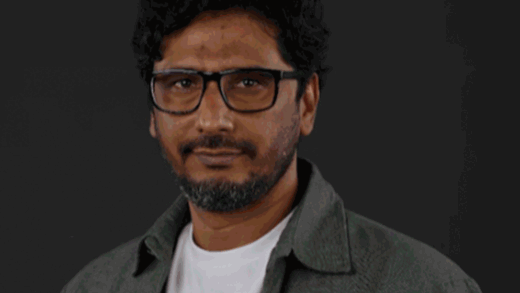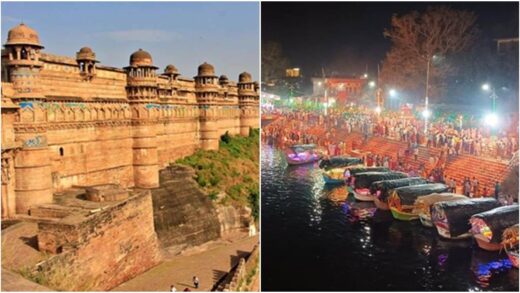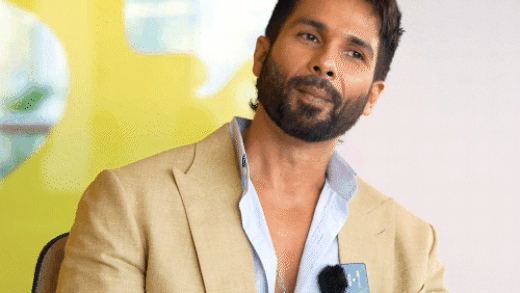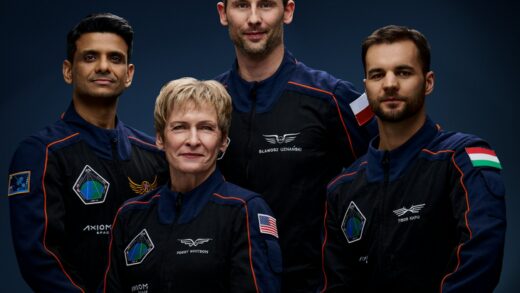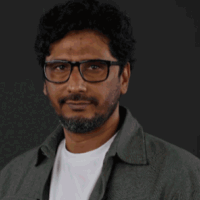I was an international observer for both rounds of the 2024 Moldovan presidential election. Polls were conducted on 20 October and 3 November. Incumbent president Maia Sandu, and former Prosecutor-General Alexandr Stoianoglo, contested a runoff poll, with Sandu winning her second and final term. The international press largely dubbed it a duel of East versus West with Sandu personifying the pro-European side and Stoianoglo that of Moscow. Renato Usatîi, (third placed in the first round) was less clear on his geo-political leanings. He backed neither candidate in the runoff. Candidates Victoria Furtună and Vasile Tarlev, who came in fifth and sixth, were believed to be in the pocket of Russian businessman, Ilan Shor, which gives further evidence of the primary rift in contemporary Moldovan politics.
A slim majority of Moldovans voted “yes” to preface the goal of EU membership to the country’s constitution. This was widely perceived as an endorsement of Sandu. Inevitably, the poll was tight which Sandu blamed on Russian-sponsored interference. She cited “large-scale vote buying” by clandestine Russians. The OSCE official report for both rounds were “overwhelmingly positive”, while also noting misuse of administrative resources and unbalanced, pro-Sandu media coverage. Sandu’s runoff victory was certainly a relief for the Moldovan government.
The election was conducted against a prevalent security concern with Moldovan authorities consistently accusing Russian-trained groups of sabotage. Seeking to quell public alarm, USA, UK and Canada issued a June 2024 statement opposing Russian influence. America also announced sanctions against Gagauzian Governor, Evghenia Guțul. In September 2024, vandalism against the Supreme Court and the public broadcaster Teleradio-Moldova were blamed on Russian subversion. In October 2024, the Moldovan state claimed it had disrupted pro-Russian oligarch Ilan Shor’s distribution of $15 million. Security checks were strengthened following an influx of passengers from Russia carrying funds.
Subsequently, Moldova accused Russia of plotting to “bus voters” to polling stations at its Moscow Embassy. In response, the EU imposed sanctions on suspect officials from the autonomous Gagauzia region and a Russian-based entity. The US accused Russia of spending “millions of dollars” spreading disinformation. The Russian foreign ministry then accused Moldova of under-printing ballots, thus disenfranchising eligible Moldovans living in Russia. There were numerous alleged plots emanating from Moscow, Serbia and Bosnia by private military groups to create “mass disorder” during the election. Olga Roșca, a foreign policy adviser to Sandu, said that “Russia is pouring millions in dirty money to hijack our democratic processes…” The EU deployed its Cyber Rapid Response Team to oversee cybersecurity concerns.
On 1 November, Prime Minister Dorin Recean reported death threats on citizens nationwide, which he described as an attempt to scare voters. The electoral authority (CEC) reported illegal transportation of voters to Russia, Belarus, Azerbaijan and Turkey. Stanislav Secrieru, a national security adviser to Sandu, reported: “We are seeing massive interference by Russia in our electoral process with a high potential to distort the outcome”
Moldovan citizens living abroad faced other security issues at the second round of voting including false bomb threats at polling stations in multiple cities in Germany and the UK. The Moldovan government served a note on 12 November to the Russian ambassador Oleg Ozerov formally complaining about Moscow’s interference. Nevertheless, 1,988 polling stations were opened throughout Moldova, including thirty for voters living in Transnistria who had to go to Moldovan-held territory. Promo-LEX observers detected 109 incidents at polling stations, electoral agitation, unauthorized persons, violations of secrecy, obstruction of access to observers and unjustified interruption of the vote.
In the presidential debate, Sandu accused Stoianoglo of being a “Trojan horse” candidate for outside interests wanting control of Moldova. She said she would continue her pro-European course, saying, “Joining the European Union is Moldova’s Marshall Plan”. Stoianoglo claimed he actually backed the EU and that “the level of Russian interference in Moldova is highly exaggerated”. Against this background, Transnistria was probably the most volatile part of the country during the election period and it is interesting to assess the divided opinions expressed by residents there. A local chemist talked of the challenges of living in such an isolated exclave:
The election is no big deal to most people here. On the one hand they tell us we are united with mother Russian but actually that extends not much further than the presence of a raggedy band of Russian troops who regard the local people as a source of income from whom they beg, borrow or steal anything which is not nailed down. In the night the farm animals are stolen and end up in the kitchens of the Russian brigade. Even those who are Russian nationalists have come to regard the Russian army as a vehicle of occupation and certainly not the liberation force mentioned in Moscow propaganda. This is probably the unhappiest and most isolated territory in Europe. Even the Mayor who swans about wrapped in the Russian flag has expressed his doubts about Putin and wants to see some kind of status determination that gives some hope for the future.
Needless to say, these comments were vigorously denied by the mayor’s office. I spoke to one of the organizers in the student’s union, as I knew Moscow offered scholarships to study across the vast archipelago of the Federation. I thought this might yield a more positive image of Russian support in Transnistria. Here too the reception was more negative than mixed:
Students are not that electorally-excited. Yes, we can go to the worst of the Russian universities and on full scholarships as long as you are a sportsperson, or maybe a chess player or have some exceptional talent that is wanted there. Alternatively, we might actually try our luck in Moldova or a very few have been able to get funding under EU schemes. We are stuck as pawns in the middle of a kind of proxy war in which Moscow is subtly plotting against Brussels.
I spoke to a women’s group, hoping to get some sense of a cross-cutting cleavage that might offer perspectives different from the Moscow-Europe rift:
The election reinforces old political rifts in the territory. We are already much divided between those of us keeping alive the old Russian concept of the culture palace where we preserve something of the nostalgic concealed that still seems dear to the older residents of Transnistria. They represent perhaps about half of the women’s movement, insofar as you could say there is a di tinct movement. In fact, it is more of a diverse set of hobby groups that meet intermittently or perform for local festivals. I think it would be true to say that the younger women, without question are more Europe-leaning.
It might not come as a surprise, given the high levels of residue from the conflict, that there is also an environmental activist group.
No-one quite knows what to say because to be an environmentalist is almost implicitly to be anti-Russian, so for the most part we try not to mention the big bear and invent some other reason for the military-grade pollution all over the place… Last week there was a cargo plane which actually brought military refuse back to the home base of the Russian troops. We do not know exactly what that was about but the teams involved with that plane were suited like astronauts and no-one was allowed near the airfield that day.
There are some alternatives voices which overtly enrich Moldovan civil society. A gay activist told me:
We have not suffered remotely as badly as gay groups in places in Dushanbe, Grozny or Bishkek. Indeed, we have remained somewhat visible and as long as we do not push our presence too much we are pretty much left alone. You might get teased by the Russian soldiers but I think we manage to get bye largely by clandestine meeting in each other’s homes and by remaining low key- we are hiding in plain sight. I do not think there are any future plans for Gay Pride in Transnistria but then there have been troubles with the one in Chisinau, and no-one would look to Moscow for gay enlightenment. Our brothers and sisters there certainly suffer too.
Moldova is a country very much at a crossroads. There are cross-cutting election cleavages in that distinctive environmental, LGBT, female and other voices have emerged to influence Moldovan elections. However, the prevalent theme are the contrasting Brussels and Moscow-leaning forces, since a large part of its sovereign territory remains effectively annexed to Russia. President Sandu now has the unenviable task of balancing those interests for the next four unpredictable years.
Further Reading on E-International Relations
Source link
#Observing #Moldovas #Presidential #Election





